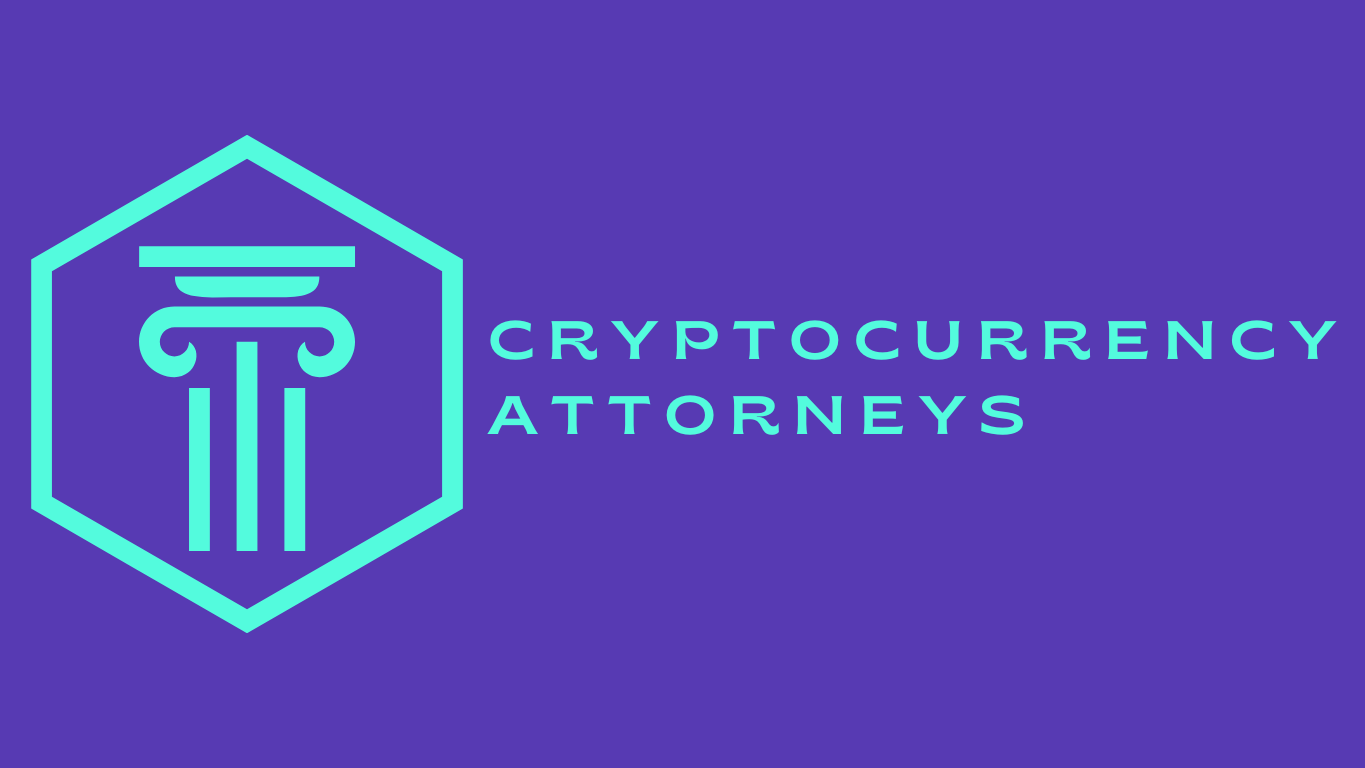FinCEN, short for the Financial Crimes Enforcement Network, plays a key role in U.S. money and banking regulations. In a world full of financial rules and acronyms, this is one you’ll want to understand—here’s what it means and why it matters.
FinCEN is part of the U.S. Department of the Treasury and its main job is to protect the financial system from being used by criminals. This includes stopping things like money laundering, terrorist financing, and other illegal activity that can hide behind everyday transactions.
But wait, there’s more!
What Does FinCEN Do?
FinCEN collects and analyzes financial data to spot suspicious activity. Then it shares that info with law enforcement agencies to help catch bad actors. You can think of FinCEN as a watchdog for the money system—making sure banks and other financial companies follow the rules and don’t accidentally help criminals.
Over the years, FinCEN has been involved in some big-name cases. For example:
- It fined HSBC nearly $2 billion for letting drug cartels move money through its system.
- It flagged red flags tied to Bernie Madoff’s Ponzi scheme before it collapsed.
- More recently, it fined crypto platform BitMEX $100 million for not following anti-money laundering (AML) laws.
The Bank Secrecy Act
FinCEN enforces something called the Bank Secrecy Act (BSA). This law was created to help fight money crimes and requires banks and financial institutions to keep records and report anything suspicious.
One important part of the BSA is the Customer Identification Program (CIP). Banks have to collect information—like name, address, and ID numbers—when someone opens a new account. This helps stop fake identities from slipping through the cracks.
Other Key Rules and Reports
Here are some of the other important tools FinCEN uses to keep the system safe:
- Suspicious Activity Reports (SARs): If a bank sees a transaction that looks off—like a sudden large deposit from a risky source—it must file a SAR.
- Currency Transaction Reports (CTRs): Any cash transaction over $10,000 has to be reported to FinCEN.
- Office of Foreign Assets Control (OFAC): FinCEN works closely with OFAC to stop U.S. citizens from doing business with people or countries that are under sanctions (like North Korea). Banks must check names against OFAC’s list and freeze accounts if there’s a match.
What About Cryptocurrency?
FinCEN has at times taken enforcement action on the crypto industry. Because digital currencies can be harder to trace, they’re sometimes used by criminals to move money secretly. FinCEN has taken steps to make sure crypto companies follow the same rules as traditional banks. That includes requiring customer verification and reporting suspicious activity.
Beyond The U.S.
FinCEN works with partners around the globe, like the Financial Action Task Force (FATF). Together, they share data and strategies to stop money crimes that cross borders. FinCEN’s influence reaches beyond the United States.
The USA PATRIOT Act
After the 9/11 attacks, the USA PATRIOT Act gave FinCEN even more tools to stop terrorist financing. It forced financial institutions to step up their recordkeeping and reporting efforts.
Education and Enforcement
FinCEN isn’t just about penalties—it also educates. It sends out warnings to banks and businesses about new threats, gives guidance on best practices, and helps companies stay up to date with changing laws.
The FinCEN Files
In 2020, a major leak known as the FinCEN Files revealed how some big banks moved huge amounts of suspicious money, even when they knew it might be tied to crime. This led to more calls for stronger laws and better enforcement.
Why FinCEN Matters
FinCEN may not be a household name, but the work it does helps keep your money—and the country—safer. From stopping large-scale fraud to tracking illegal crypto use, it plays a key role in keeping the financial system honest and secure.
As money crimes evolve, so does FinCEN. Whether it’s cracking down on scammers or stopping terrorist financing, this small but powerful agency is on the front lines, protecting people and keeping financial crime in check.
Oh fack, you’ve never heard of OFAC? Learn about the role of OFAC in economic and trade sanctions!
